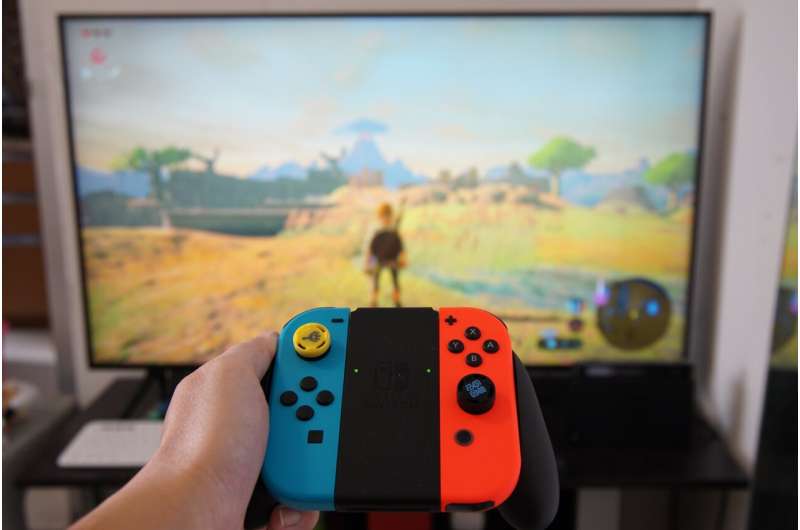This article has been reviewed according to Science X's editorial process and policies. Editors have highlighted the following attributes while ensuring the content's credibility:
fact-checked
peer-reviewed publication
trusted source
proofread
Study reveals concerns over loot box probability disclosure transparency in video games

A recent study has shed light on the issue of loot boxes in video games, raising concerns about their resemblance to gambling and the lack of transparency surrounding them. Loot boxes are virtual items that players can purchase in games, offering randomized rewards of varying value. The study suggests that this feature could have psychological similarities to gambling.
While the disclosure of probabilities for obtaining random loot box rewards has been made mandatory by law in China, other countries (including the U.S.) rely on self-regulation within the gaming industry. However, the study highlights that self-regulation may conflict with commercial interests and may not be sufficient to ensure consumer protection.
In the UK, the study found that loot boxes were prevalent in approximately 77% of the top-grossing iPhone games in mid-2021. The compliance rate with the industry's self-regulation of probability disclosure was 64.0%, significantly lower than the 95.6% rate observed in China.
Furthermore, the study discovered that UK games often provided insufficiently prominent and difficult-to-access disclosures, both within the games themselves and on the official game websites. Only 21.3% of the UK games disclosed probabilities on their official websites, compared to 72.5% in China. In terms of in-game disclosures, a mere 1.3% of the UK games automatically displayed the probabilities on the purchase page, which is considered the most effective disclosure format.
Based on these findings, the study suggests that policymakers should consider more accountable forms of industry self-regulation or consider imposing direct legal regulations to ensure the protection of consumers who engage with loot boxes in video games. The study is set to be published in PLOS ONE, and a pre-print version of the paper is available online.
More information: Leon Y. Xiao et al, What are the odds? Poor compliance with UK loot box probability disclosure industry self-regulation. PLOS ONE (2023). DOI: 10.1371/journal.pone.0286681. Pre-print: doi.org/10.31219/osf.io/g5wd9





















